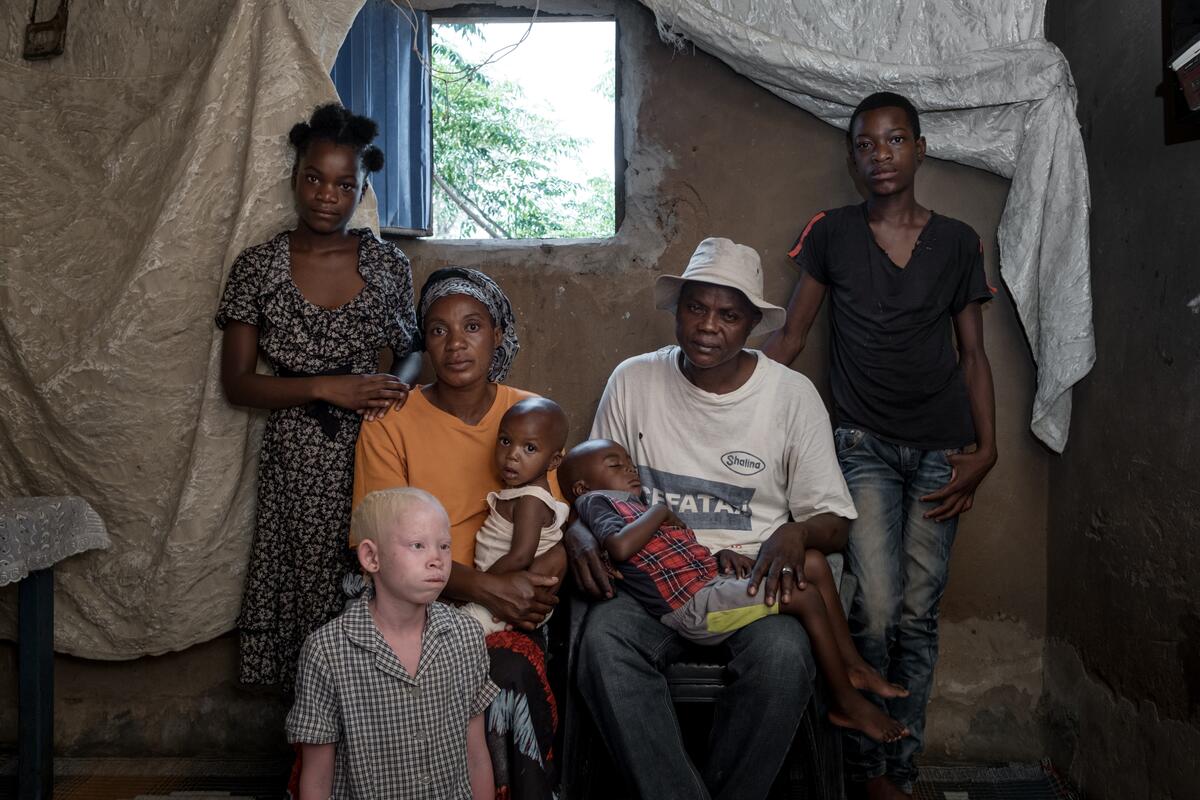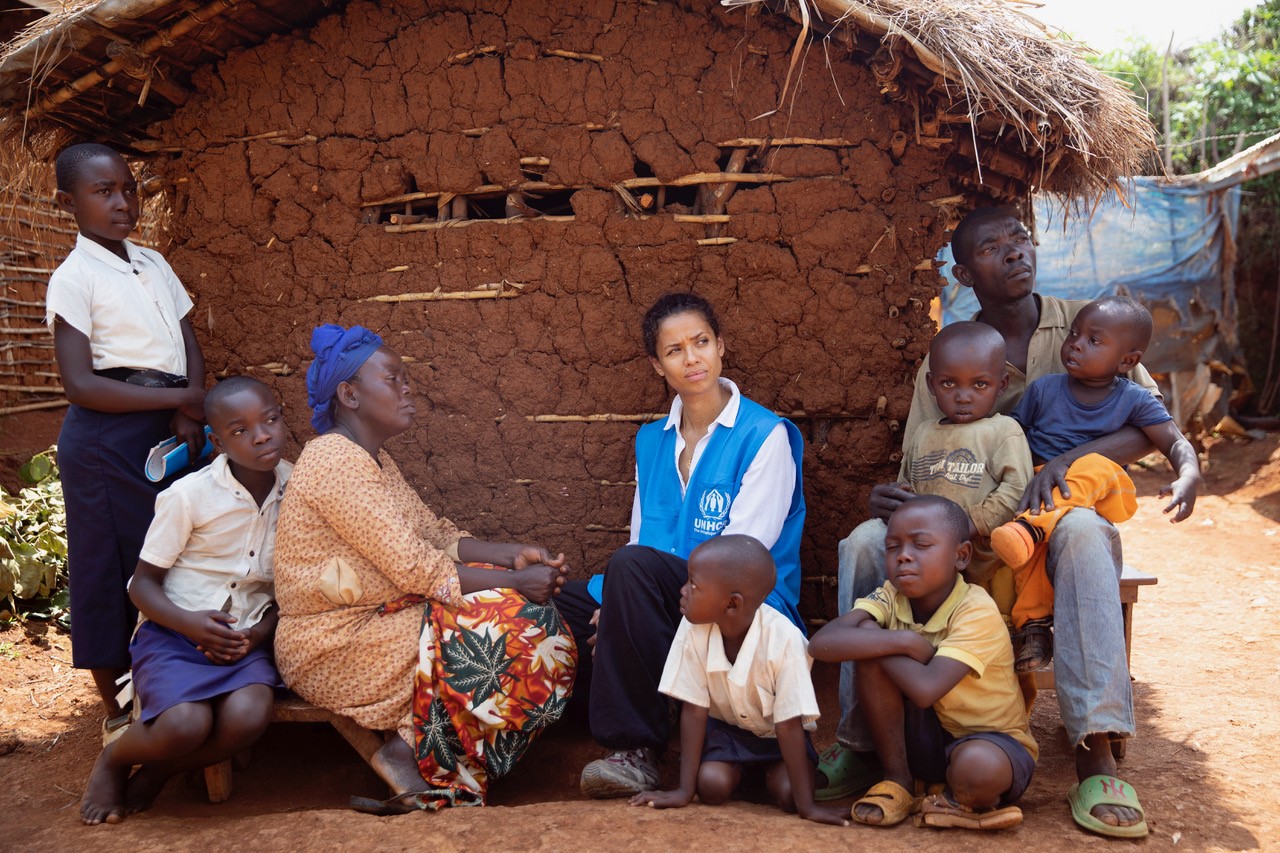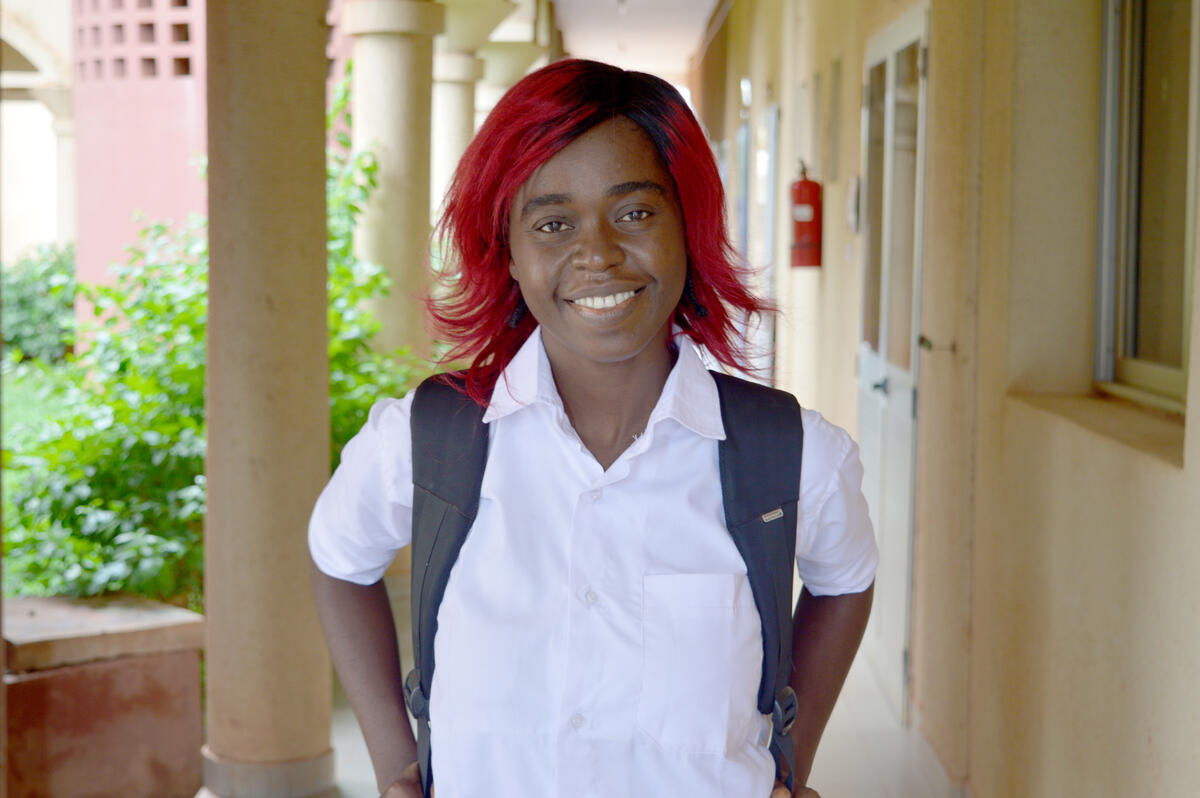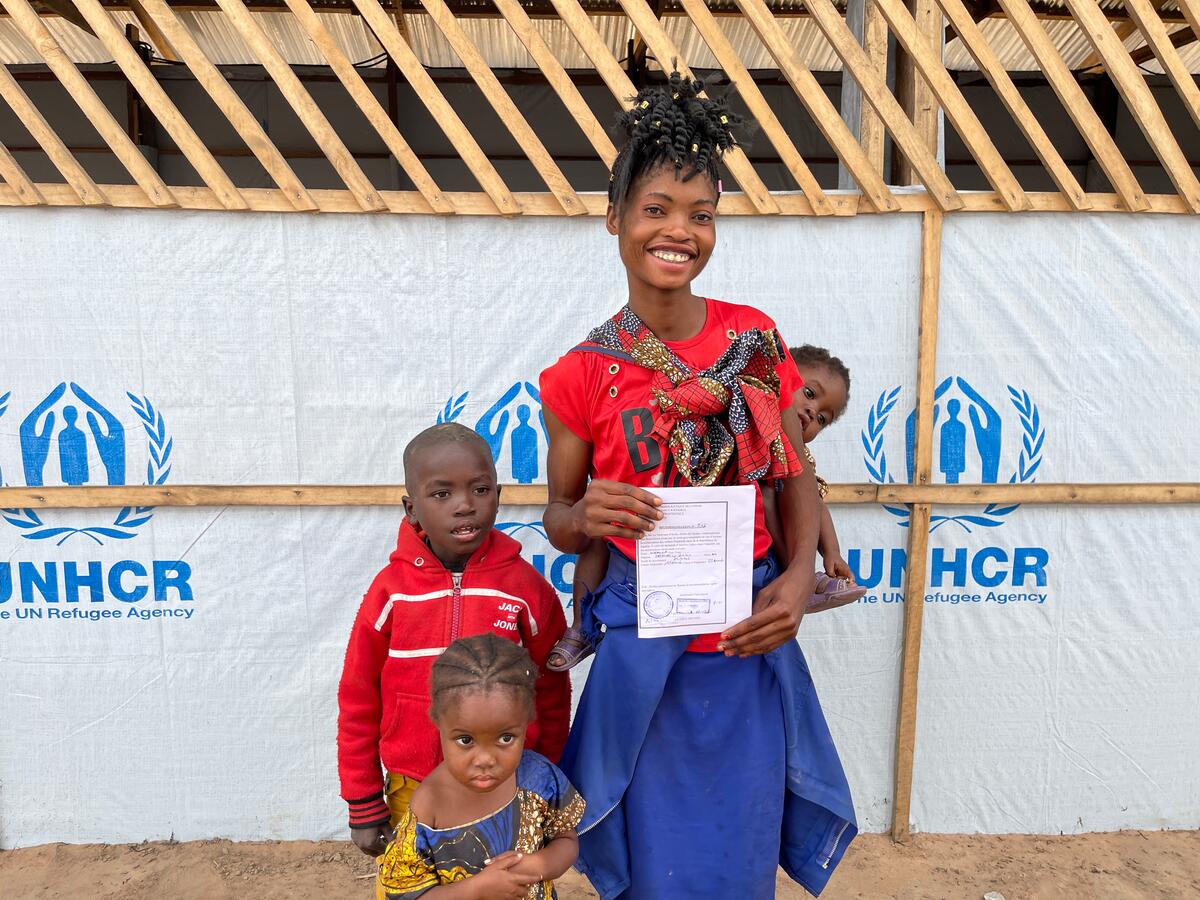More than 100,000 flee fresh violence in eastern Congo since November
More than 100,000 flee fresh violence in eastern Congo since November

KINSHASA, Democratic Republic of the Congo, January 20 (UNHCR) - The UN refugee agency is concerned about fresh violence in eastern regions of the Democratic Republic of the Congo that has forced more than 100,000 civilians to flee their homes since November.
In North Kivu province, an estimated 35,000 people have been displaced as a result of attacks and clashes between rival militia groups in Walikale and Masisi territories. At least 22 people were reported killed and an unknown number of women raped during the fighting.
Attacks in South Kivu's Shabunda district have displaced some 70,000 people since November. Harassment of the population continues and, according to local sources, some 4,400 civilians are estimated to have fled violent attacks during the past two weeks. Many of the displaced are reported to be moving towards the neighbouring provinces of Maniema and Katanga.
"UNHCR is very concerned about the consequences of this violence on the protection of civilians caught in the fighting," said Stefano Severe, UNHCR's regional representative. "For now the people in the east are displaced within the country, but there is a risk that people might cross borders if the situation gets worse."
Despite limited humanitarian access in the region, UN peacekeepers and staff from UNHCR and the Office for the Coordination of Humanitarian Affairs (OCHA) met some of the displaced during an assessment mission to affected areas last week. They found several empty and burned villages, as well as looted health care centres. In Walowa Yungu, for example, 14 of the 18 villages in the area have been virtually deserted by residents.
Most displaced people are either living with host families in overcrowded makeshift settlements, or occupying schools. Some of them told the assessment team that they have lost access to their farmlands and that they are victims of forced labour, harassment and violence.
"We are working with our partners to address the needs of the displaced as we gain access to them. This includes providing shelter, clean water, food and health care," UNHCR spokesman Adrian Edwards said. "In addition to the material assistance, our colleagues on the ground are also providing psycho-social support to survivors of rape and other traumas caused by the violence."
Before the current attacks, there were more than 1.1 million people uprooted by years of armed violence in the two Kivus.
In a separate development further south, UNHCR is hearing reports that more than 12,000 people have been forcibly displaced in central Katanga Province. An inter-agency mission - that UNHCR is part of - was planned to go to the area this week but had to be postponed for security reasons.
According to initial information received by UNHCR, 65 percent of these displaced are young boys and girls who have sought refuge in 17 villages in Mitwaba territory. They reportedly fled to escape from new militia activities in this relatively stable province.
The DRC's civil war formally ended in 2003, but parts of the country - especially in the east - remain volatile and have been shaken by sporadic outbursts of violence and significant population displacement.
By Céline Schmitt in Kinshasa, Democratic Republic of the Congo









